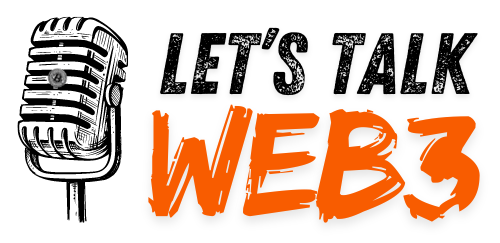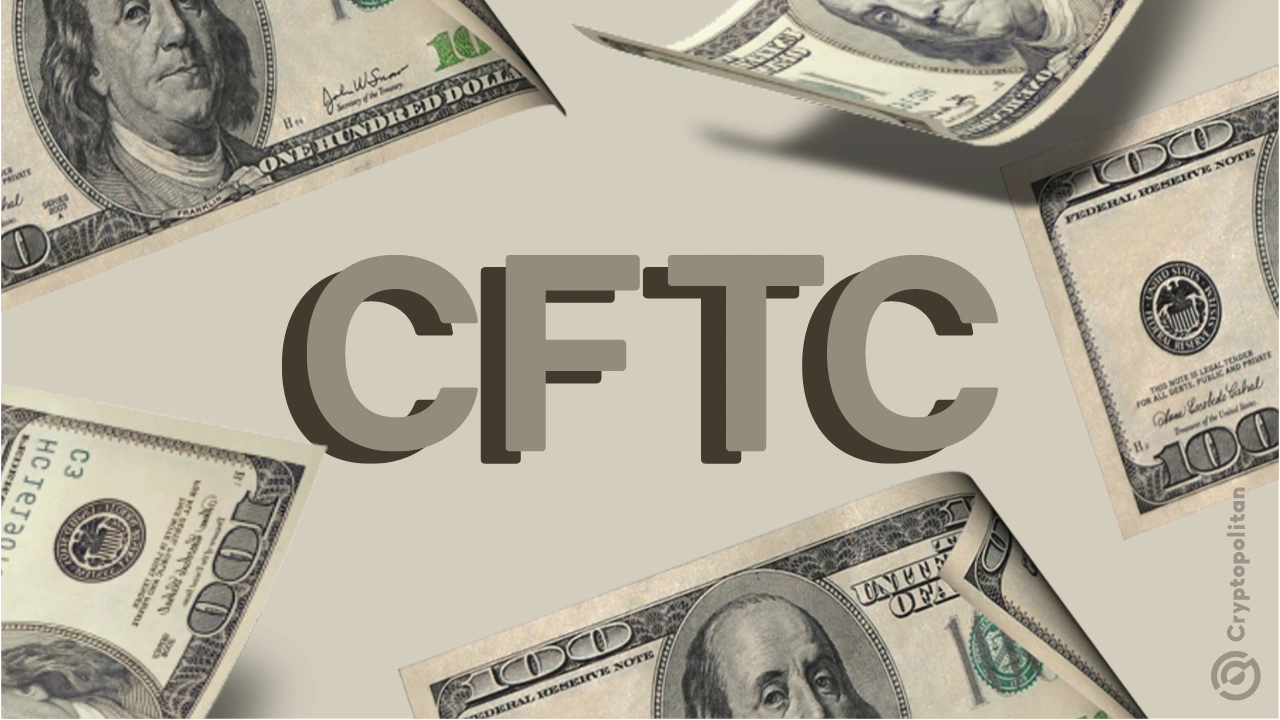The Commodity Futures Trading Commission (CFTC) is getting serious about tokenized assets. On Thursday, its Global Markets Advisory Committee approved recommendations to use tokenized money-market fund assets—like those from BlackRock and Franklin Templeton—as collateral in traditional derivatives trading. This decision pushes the integration of tokenized assets in mainstream finance closer to reality.
But don’t get too excited yet. These recommendations aren’t law, policy, or anything enforceable—at least not yet. The CFTC’s full commission has to review them and decide what to do next. No timeline has been set, so this could move at a snail’s pace.
Still, the committee’s recommendations usually carry weight because they’re based on technical expertise. The proposal focuses on using distributed ledger technology (DLT) to hold and transfer non-cash collateral, ensuring compliance with the CFTC’s margin requirements and those of other regulators.
A $2 trillion opportunity for tokenized assets
Tokenized assets are on the rise, and their potential impact on financial markets is massive. Companies want to use digital assets as collateral to cut costs and improve capital efficiency. McKinsey has estimated that the total market for tokenized assets—excluding stablecoins—could balloon to $2 trillion by 2030.
That’s a big chunk of the current $3.25 trillion crypto market. Crypto prime brokers like Hidden Road and FalconX are already ahead of the game. They’ve started accepting BlackRock’s BUIDL token as collateral for crypto-derivatives trades.
Franklin Templeton has even started allowing institutional investors to transfer its fund-related tokens on the Stellar blockchain. In June, the company made a move to let users convert USDC stablecoins to dollars, so they could buy shares in its fund.
Wall Street’s tokenization experiments
Wall Street has been playing with tokenization for years, but mostly in controlled pilot programs and overseas markets. State Street tested blockchain to automate margin calculations and collateral pledging for foreign exchange trades.
Citigroup worked with Wellington Management and WisdomTree to explore tokenizing private markets. JPMorgan built an app that lets investors use their assets as collateral, making them more useful.
But here’s the catch: regulatory clarity is missing. The lack of a solid legal framework has kept these experiments from scaling up. That’s why the CFTC’s recent endorsement is a big deal. If this guidance becomes policy, it could open the floodgates for tokenized collateral in mainstream finance.
The CFTC subcommittee working on these recommendations includes some heavy hitters, like Citadel, BlackRock, and Bloomberg LP.
According to Caroline Butler, co-chair of the subcommittee, collateral management is one of the biggest drivers for tokenization. She sees this as a turning point, saying, “Collateral has become one of the primary use cases and drivers.”
From Zero to Web3 Pro: Your 90-Day Career Launch Plan





